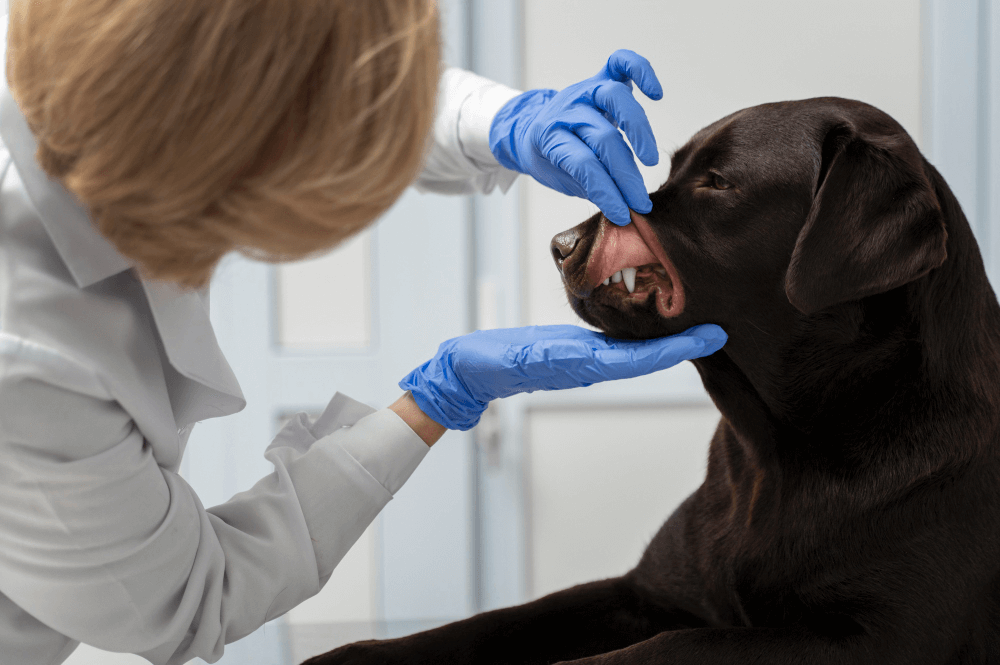Dogs are cherished members of our families, and just like us, they require a balanced diet to stay healthy and happy. A crucial component of their diet is ensuring they receive the right vitamins and minerals. These essential nutrients play a vital role in maintaining your dog’s overall health and well-being. In this article, we’ll explore the 10 essential vitamins and minerals every dog needs and how they contribute to your furry friend’s health.
1. Vitamin A:
Vitamin A is essential for maintaining healthy skin, coat, and vision in dogs. It also supports their immune system and helps with proper growth and development. Foods rich in vitamin A include liver, carrots, sweet potatoes, and spinach.
2. Vitamin B Complex:
The B-complex vitamins, including B1 (thiamine), B2 (riboflavin), B3 (niacin), B5 (pantothenic acid), B6 (pyridoxine), B7 (biotin), B9 (folic acid), and B12 (cobalamin), are crucial for energy production, metabolism, and nervous system function. These vitamins can be found in meat, fish, eggs, and whole grains.
3. Vitamin C:
While dogs can produce vitamin C on their own, supplementation can be beneficial, especially in times of stress or illness. Vitamin C is an antioxidant that helps boost the immune system and promote healthy aging. Sources of vitamin C include oranges, strawberries, and bell peppers.
4. Vitamin D:
Vitamin D is important for calcium absorption and bone health in dogs. It also plays a role in muscle function and the immune system. Sunlight is a natural source of vitamin D, but it can also be found in fish liver oil, egg yolks, and fortified foods.
5. Vitamin E:
Vitamin E is a powerful antioxidant that helps protect cells from damage. It also supports immune function and skin health. Foods rich in vitamin E include nuts, seeds, and leafy greens.
6. Vitamin K:
Vitamin K is essential for blood clotting and bone health in dogs. It can be found in green leafy vegetables, liver, and fish.
7. Calcium:
Calcium is vital for maintaining strong bones and teeth in dogs. It also plays a role in muscle function and nerve transmission. Good sources of calcium include dairy products, bones, and leafy greens.
8. Phosphorus:
Phosphorus works with calcium to support bone health and is also involved in energy production and cell repair. Meat, fish, and dairy products are rich sources of phosphorus.
9. Iron:
Iron is necessary for the formation of hemoglobin, which carries oxygen in the blood. It also plays a role in energy production and immune function. Iron-rich foods include liver, red meat, and lentils.
10. Zinc:
Zinc is essential for immune function, wound healing, and skin health in dogs. It can be found in meat, dairy products, and whole grains.
Conclusion:
Ensuring your dog receives the right vitamins and minerals is crucial for their overall health and well-being. A balanced diet that includes a variety of nutrient-rich foods will help ensure they get all the essential nutrients they need. If you have any concerns about your dog’s diet or health, consult with your veterinarian for personalized advice.
By prioritizing your dog’s nutrition and providing them with the essential vitamins and minerals they need, you can help them live a long, healthy, and happy life.




